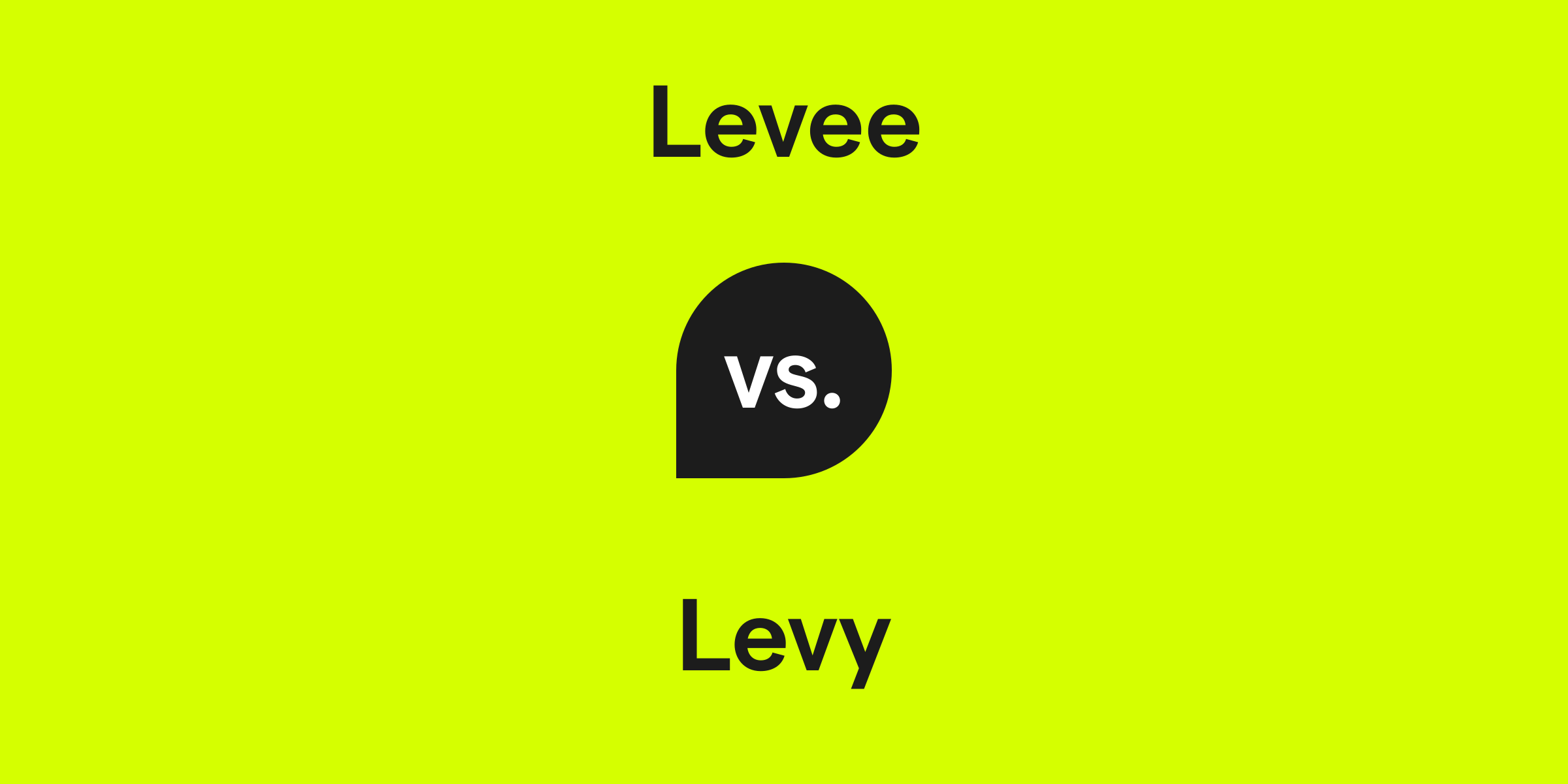Levee vs. Levy: What's the Difference?
While levee and levy have similar spellings, their meanings and uses are quite distinct. A levee is an embankment built to prevent the overflow of a river, providing protection against flooding. In contrast, a levy is an act of imposing a tax, fee, or fine, typically collected by a government or authoritative body.

How do you use the word levee in a sentence?
The word levee appears predominantly in the context of water control and flood prevention. It refers to a structure engineered to block rising waters and protect areas vulnerable to flooding. When discussing civil engineering, environmental planning, or historical events involving floods, levee is the appropriate choice.
Examples of levee in a sentence
- Residents were grateful for the newly constructed levee, which effectively prevented floodwaters from damaging their homes.
- Historical records indicate that the ancient levee system was a remarkable feat of engineering.
- During the storm, emergency teams reinforced the levee with sandbags to withstand the tremendous water pressure.
How do you use the word levy in a sentence?
Levy is primarily used in a financial context to refer to the formal imposition of charges such as taxes, tariffs, and fines. Governments levy taxes on incomes, properties, and sales to generate revenue. When discussing fiscal policies, taxation, or related legal proceedings, levy is the term to be employed.
Examples of levy in a sentence
- The government announced it would levy a new tax on luxury vehicles to discourage excessive consumption.
- A court can levy hefty fines on corporations that violate environmental regulations.
- After much debate, the local council decided to levy an additional charge on plastic bags to promote eco-friendly alternatives.
Levee and levy definition, parts of speech, and pronunciation
Levee definition:
A levee is a natural or artificial embankment constructed along the banks of a watercourse or an estuary with the primary purpose of preventing flooding.
Levee parts of speech:
Levee pronunciation:
Levee is pronounced as /ˈlev.i/.
Levy definition:
A levy is an act of imposing or collecting a tax, fee, or fine by legal authority or an amount that is imposed and collected.
Levy parts of speech:
Levy pronunciation:
Levy is pronounced as /ˈlev.i/, the same as levee, although regional variations may occur.
A levee is a natural or artificial embankment constructed along the banks of a watercourse or an estuary with the primary purpose of preventing flooding.
Levee parts of speech:
- As a noun: The town built a levee to protect itself from the rising river waters.
Levee pronunciation:
Levee is pronounced as /ˈlev.i/.
Levy definition:
A levy is an act of imposing or collecting a tax, fee, or fine by legal authority or an amount that is imposed and collected.
Levy parts of speech:
- As a noun: The mayor opposed the levy on small businesses.
- As a verb: The IRS holds the authority to levy taxes on income.
Levy pronunciation:
Levy is pronounced as /ˈlev.i/, the same as levee, although regional variations may occur.
Levee vs. levy in a nutshell
The difference between levee and levy is clear and significant despite their phonetic similarity. A levee is a structure designed to hold back water and prevent flooding, while the term levy refers to the act of imposing or collecting a tax, fee, or fine. Understanding the proper context and application of each word is crucial for accurate communication, especially in fields relating to civil engineering and finance.
Get AI Writing Assistance Wherever You Type
Make sure your vocabulary is on point and every punctuation mark is in the right place, no matter where you’re working. Grammarly works across more than 1 million websites and apps so you can improve your writing without copying, pasting, or breaking focus.

More Commonly Confused Words
Interest piqued? Pore (not pour) over other commonly confused words to help your writing reach peak (not peek) performance.